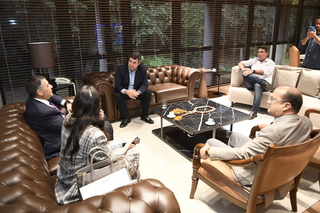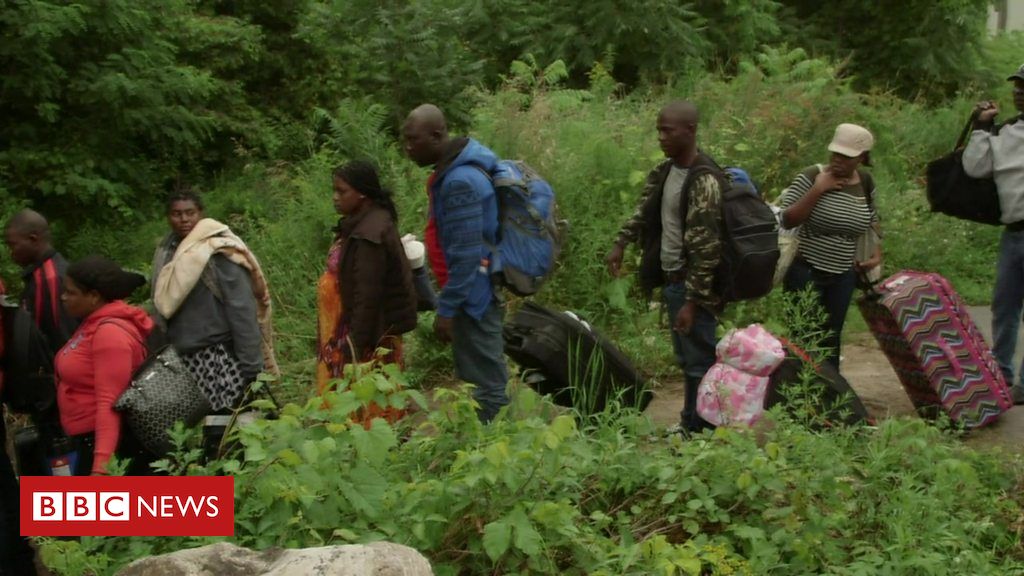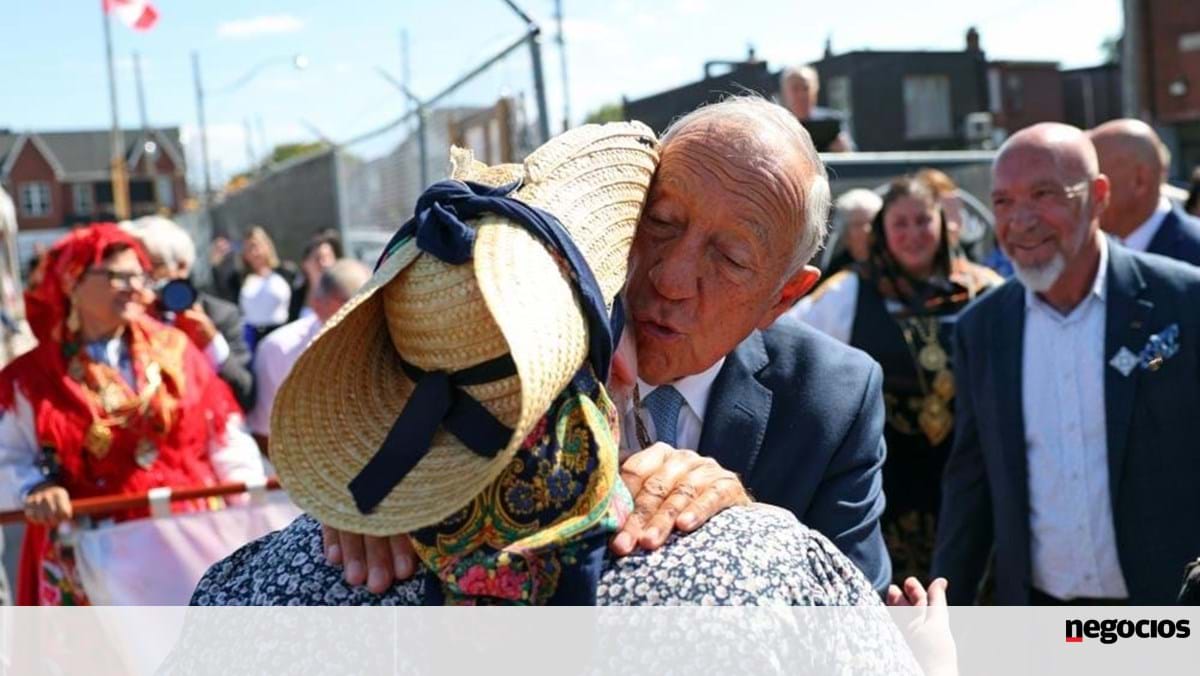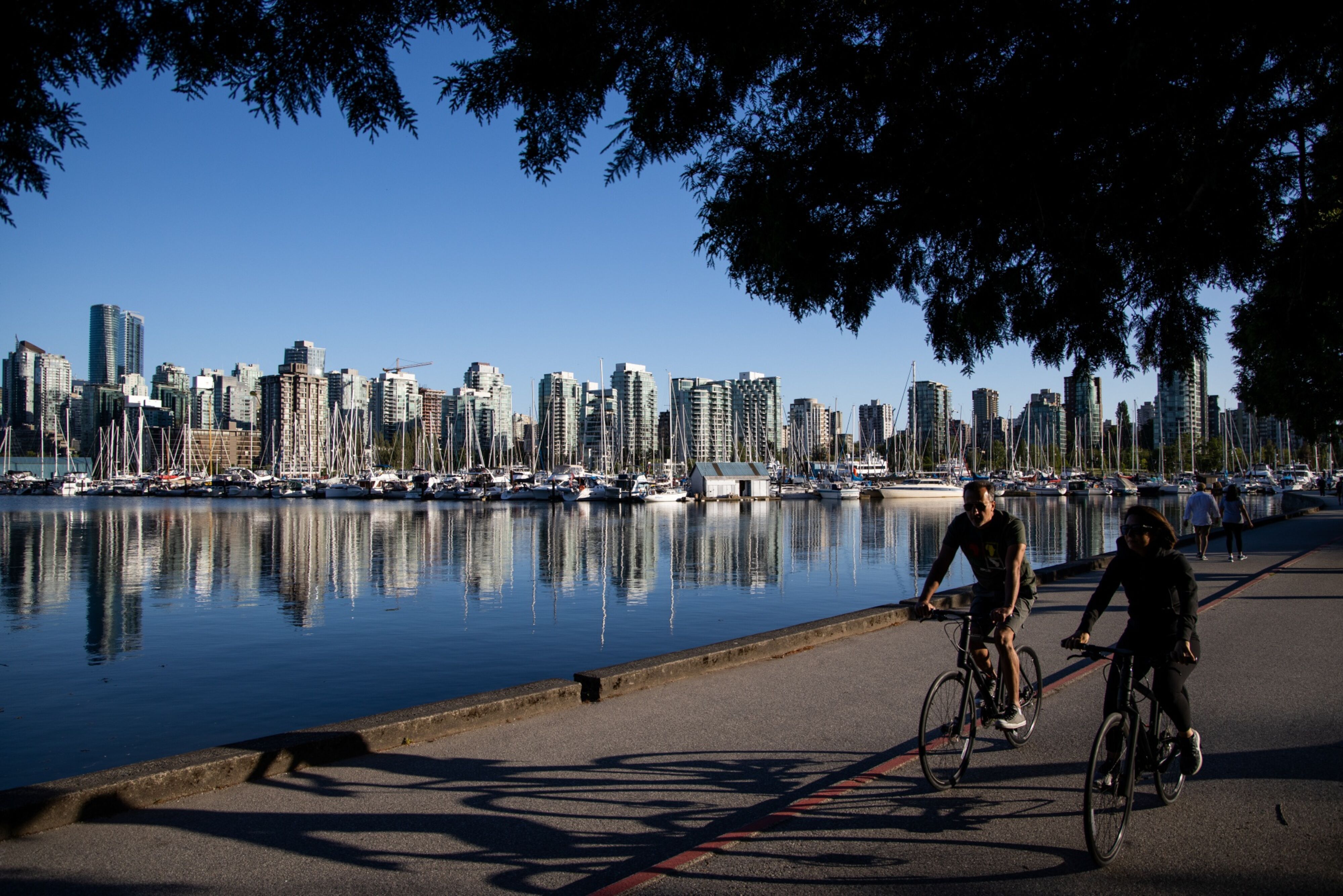ISLAMABAD (Reuters) – Pakistan said on Sunday it welcomed a statement by Tethyan Copper expressing its willingness for a negotiated settlement after a World Bank tribunal ordered the government to pay 5.8 billion dollars in damages in a dispute over the Reko Diq copper mine.
The statement from the attorney general’s office came after a World Bank arbitration tribunal ruled in favor of Tethyan Copper, a joint venture between Antofagasta Plc in Chile and Barrick Gold in Canada, in a dispute over a lease at the mine, located in a remote area of southwestern Pakistan.
The government said it was disappointed with the decision but took note of a statement by the chairman of Tethyan Copper expressing its willingness to seek a negotiated settlement.
“The Pakistani government welcomes this approach to find a mutually beneficial solution that works for both parties,” he said.
However, he said that together with the provincial government of Balochistan, he was still studying the decision of the World Bank’s International Center for Settlement of Investment Disputes (ICSID). ICSID ruled against Pakistan in 2017, but had so far failed to determine the damages owed to Tethyan.
The decision comes at a sensitive time for Prime Minister Imran Khan’s government, which is facing growing economic headwinds and which earlier this month signed a $6 billion bailout deal with the International Monetary Fund to avert an impending balance of payments crisis.
Pakistan has partnered with China on the $60 billion China-Pakistan Economic Corridor infrastructure project, part of China’s sweeping Belt and Road Initiative, but it desperately needs of foreign investments.
Tethyan Copper discovered vast mineral wealth more than a decade ago at Reko Diq, at the foot of an extinct volcano near Pakistan’s border with Iran and Afghanistan.
The deposit was expected to rank among the largest untapped copper and gold mines in the world, but the dispute has shone a spotlight on Pakistan’s business climate and has become a test of its ability to attract significant foreign investment.
The company said it had invested more than $220 million by the time the Pakistani government in 2011 unexpectedly refused to grant a mining lease needed to continue operating.
The attorney general’s office said Pakistan reserves the right to pursue any legal remedy but seeks to assure foreign investors that their rights will be protected.
“Pakistan is a responsible state and the Pakistani government takes its international legal obligations very seriously,” the statement said.
“Pakistan welcomes all foreign investors and assures them that their legitimate rights, interests and assets will always be protected by Pakistan,” he said.
Among the reasons for the initial decision to deny the license were security concerns in a poor region with a sometimes violent separatist movement and the strength of public opinion against it in the perceived lack of economic benefits for the people of Balochistan. .
The attorney general’s office said the mineral resources of Reko Diq were the “collective resource of the people of Balochistan and Pakistan” and that it wanted to develop them to meet the development needs of some of the world’s poorest people.
“International tribunals are also invited to consider the implications of their decisions and the impact on development and poverty reduction,” he said.
Reporting by James Mackenzie; Editing by Mark Potter

“Freelance communicator. Hardcore web practitioner. Entrepreneur. Total student. Beer ninja.”


:strip_icc()/s02.video.glbimg.com/x720/11852909.jpg)




